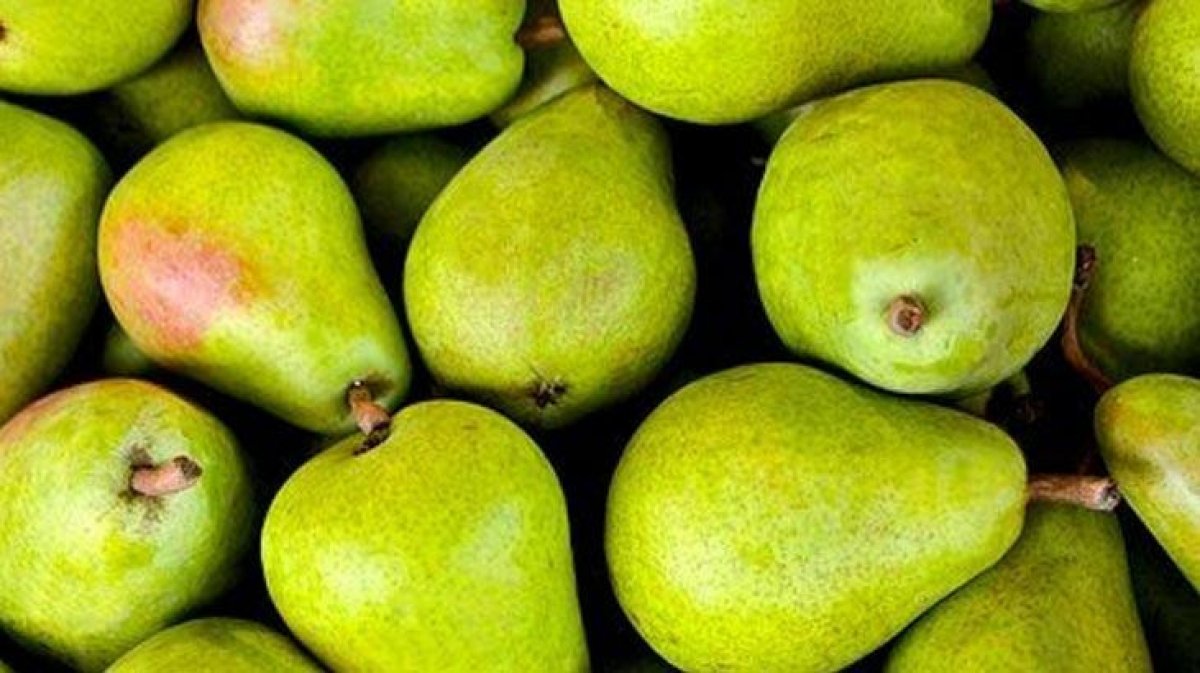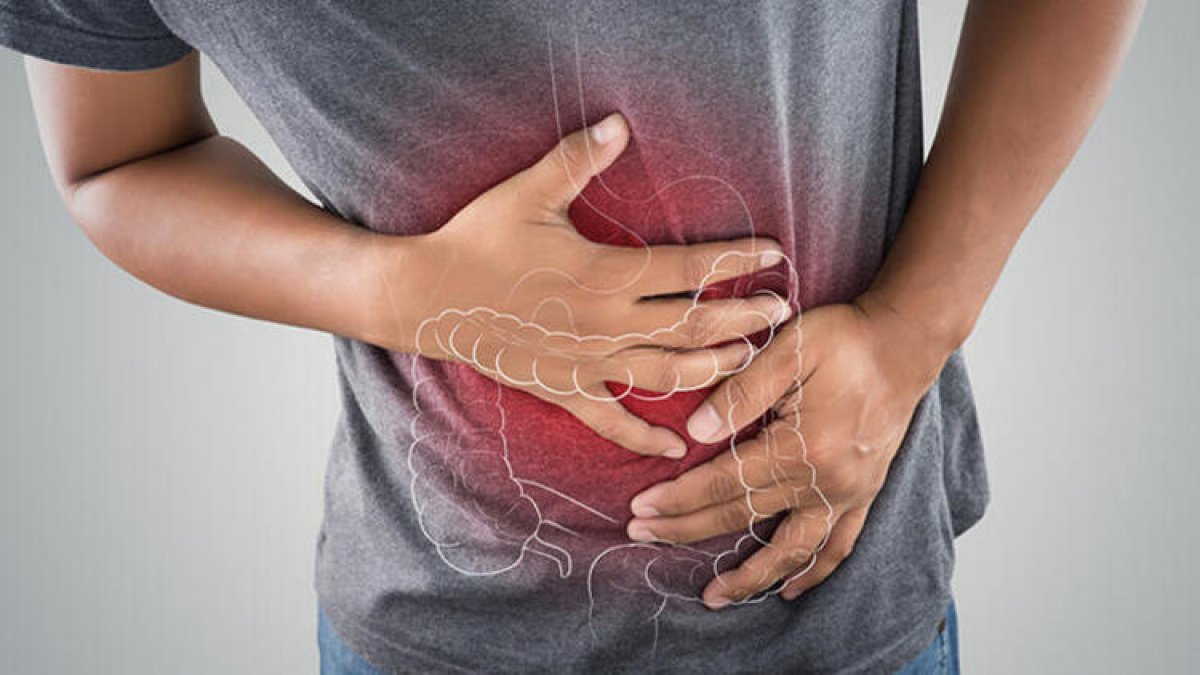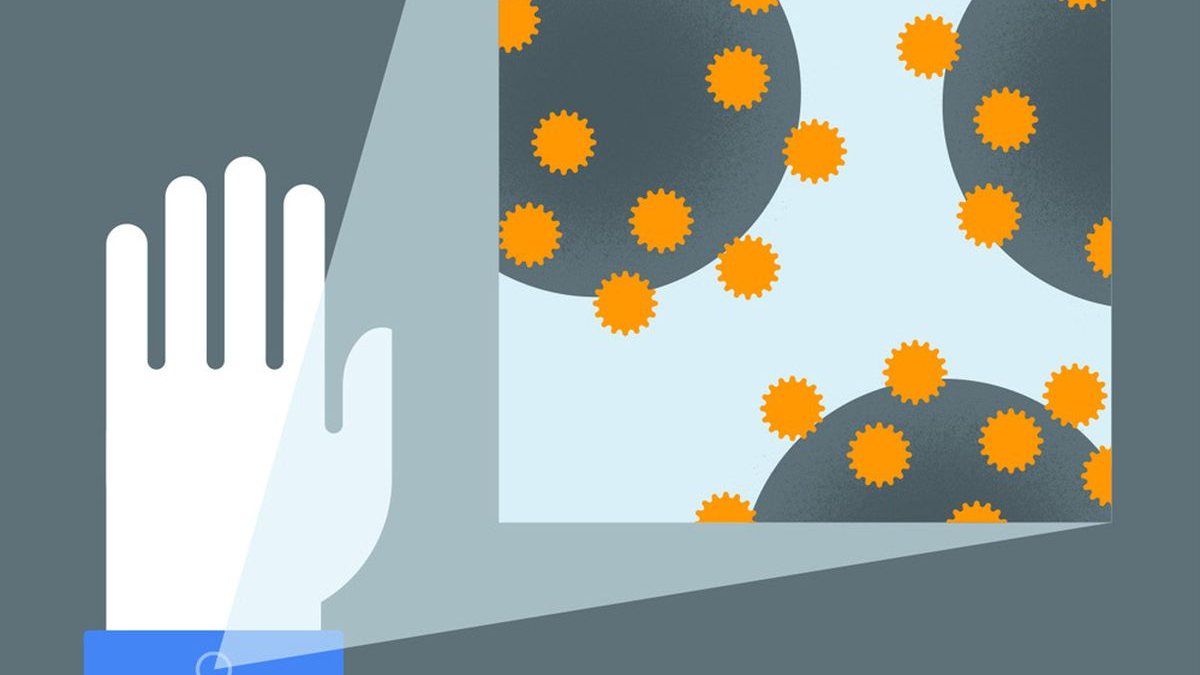Generally, most of us attempt to concentrate to the calorie or sugar content material of the meals we eat and eat much less of them. Nevertheless, the scrumptious candy style is tough to withstand, particularly for these of us with candy cravings.
Sugar substitutes and sugar alcohols are in style components for sugar-free meals. As we attempt to scale back the quantity of sugar in our diets, sugar alcohols and sugar substitutes are rising increasingly continuously, Dyt mentioned. Serkan Sıtkı Şahin wrote concerning the relationship between sugar substitutes and sugar alcohols and intestinal health.
ARTIFICIAL SWEETERS
What precisely are sugar substitutes, particularly synthetic sweeteners and sugar alcohols; Now let’s divide it into two classes and see what we must always take note of within the tags.
Sugar substitutes, ie synthetic sweeteners, are meals components that add a sugar-like style however don’t include the vitality contained in common desk sugar. They don’t have any energy and don’t have an effect on blood sugar. These elements are a lot sweeter than desk sugar, which might truly trigger extra sugar cravings.
We are able to listing the unreal sweeteners we’ll search for on meals labels as follows:
– Aspartame
– stevia
– Saccharin
– Sucralose
– monk fruit

SUGAR ALCOHOLS
Don’t fret, sugar alcohols don’t have anything to do with ethanol, the alcohol present in spirits. These compounds happen naturally in meals and are present in fruits. As a sugar substitute, relative to common sugar about half to at least one third fewer energy they include. It is because they’re extra slowly transformed to glucose, require little or no insulin to be metabolized, and don’t trigger spikes in blood sugar. However consuming an excessive amount of sugar alcohol in a single sitting could cause gastrointestinal upset.
We are able to listing the sugar alcohols that we are going to search for in meals labels as follows:
– Mannitol
– Sorbitol
– Xylitol
– Isomalt
– Maltitol
– Hydrogenated starch hydrolysates
As you will discover, sugar alcohols usually finish in “-ol” and keep in mind, synthetic sweeteners and sugar alcohols are very completely different. Sugar substitutes, particularly synthetic sweeteners, include zero energy, whereas sugar alcohols include about 2.6 energy/gram. On meals labels, sugar substitutes could be discovered within the elements part, and sugar alcohols could be discovered beneath the “carbohydrates” part.

Impacts the gut microbiome
What we have talked about thus far is the candy half. Now, let’s discuss concerning the potential painful half. How these compounds have an effect on your gut microbiome
Aspartame
Aspartame breaks down SUPER rapidly, so it is actually exhausting to quantify its impact on the gut microbiome. It doesn’t attain the big gut (the place butyrate and different short-chain fatty acids are produced). There aren’t any knowledge on the potential results of aspartame on the gut microbiome.
Saccharin
A lower within the variety of Akkermansia muciniphila, a bacterium that reveals probiotic properties, was noticed in mice fed saccharin. Analysis exhibits that saccharin consumption can disrupt the gut microbiome. Subsequently, it could result in digestive issues and immune problems.
sucralose
It’s identified that consumption of sucralose reduces the entire variety of anaerobic and cardio micro organism, bifidobacteria, lactobacilli, Bacteroides and Clostridium. Subsequently, it can’t be mentioned that it is rather good for intestinal health.
stevia
A mechanism works in reverse with respect to Stevia thus far. The microbiome can degrade Stevia and subsequently can’t be absorbed within the higher digestive tract. Stevia roots include inulin and fructans, which could be vitamins for sure varieties of the gut microbiome. So this synthetic sweetener may trigger issues within the gut.
xylitol
In mice fed a high-fat weight loss plan with a reasonable dose of dietary xylitol, xylitol decreased the abundance of fecal Bacteroidetes and Barnesiella and elevated the abundance of Firmicutes and Prevotella. So whereas lowering the great gut microorganisms, it elevated the variety of organisms that had been dangerous for the microbiome. This isn’t an excellent impact.
Sorbitol
Sorbiol is of course present in pears and another fruits. Extra consumption of this sugar alcohol is much less tolerated than others attributable to its excessive osmotic load, that means it has a extra laxative impact, particularly in folks with intestinal issues. Contemplating that the sorbitol added to the merchandise undergoes completely different processes or is utilized in far more than 1 fruit, it may be concluded that it may be dangerous. Sadly, there’s not sufficient knowledge so far to definitively decide the consequences of sorbitol on the gut microbiome.
To summarize, there’s lots of concern concerning the impact of synthetic sweeteners and sugar alcohols on the gut microbiome. The issue is, there is not sufficient scientific knowledge and research to show most issues. Extra work is unquestionably wanted to raised perceive the modifications these synthetic sweeteners and sugar alcohols have on the gut microbiome. You possibly can discuss to your physician or dietitian for extra data on what’s finest for you.
#Artificial #sweeteners #impair #gut #health



